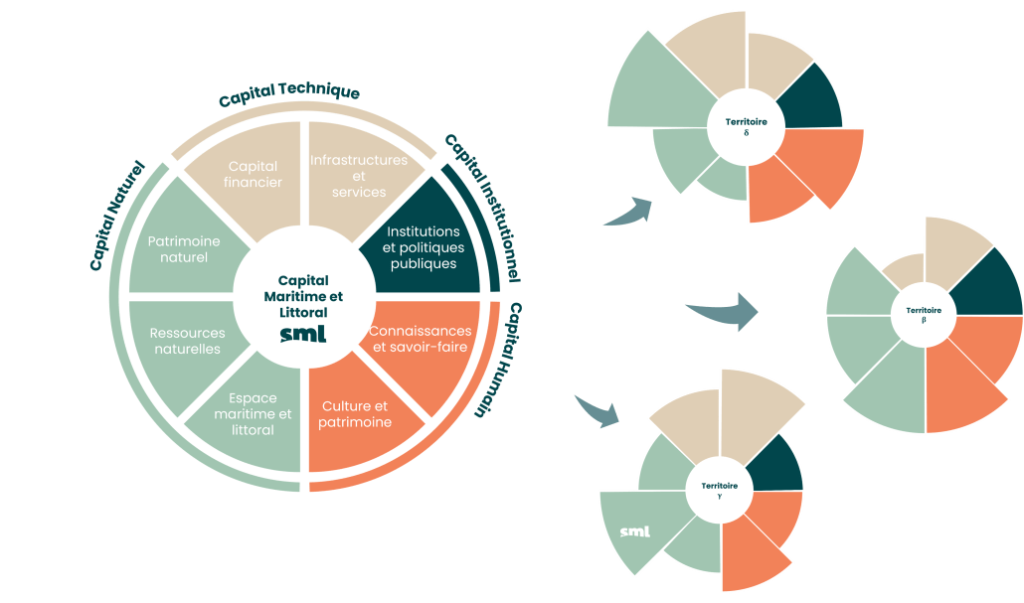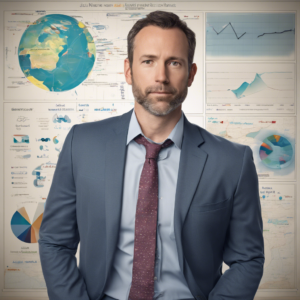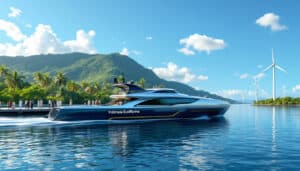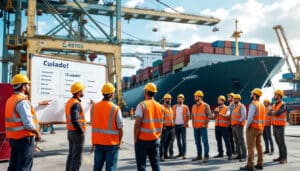The blue economy, focused on sustainable use of maritime resources, promises a major transformation of our maritime future. By integrating innovative technologies and focusing on environmentally friendly practices, this economic model aims to revitalize key sectors such as maritime transport, fishing and ocean renewable energies. By promoting better governance, coastal resilience and adaptation to climate change, the blue economy offers unique opportunities to reconcile economic growth and the preservation of marine ecosystems.
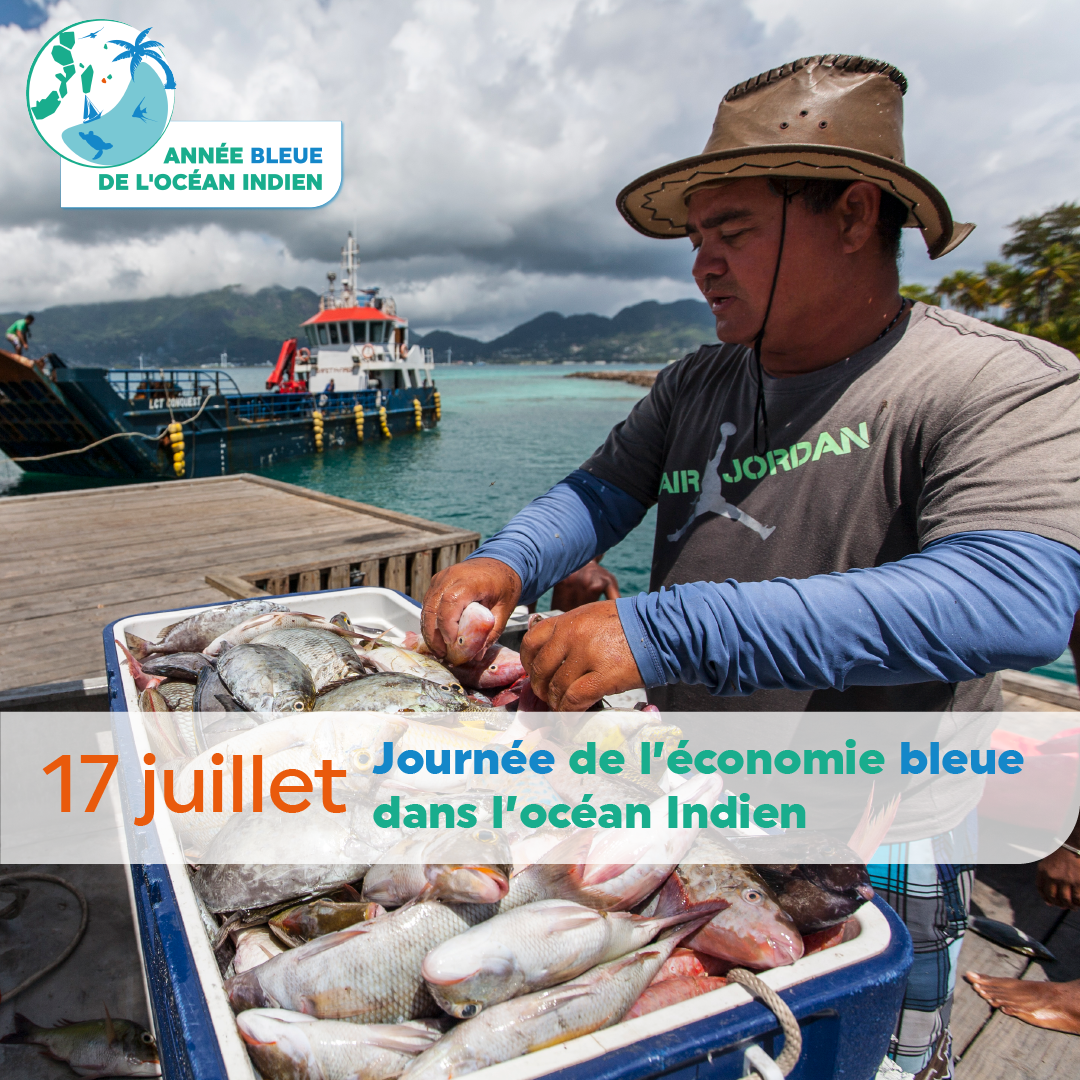
Faced with current environmental and economic challenges, the blue economy presents itself as a promising solution to guarantee a sustainable maritime future. By promoting maritime resources in a respectful and innovative way, this approach aims to integrate several key sectors ranging from maritime transport to the exploitation of oceanic renewable energies. This text explores the ways in which the blue economy can regenerate our oceans and drive economic growth while meeting the needs to combat climate change.
Table of Contents
ToggleThe foundations of the blue economy
The blue economy is based on sustainable exploitation of maritime resources, promoting ocean ecosystems while minimizing environmental impacts. The European Commission, for example, has developed an integrated maritime policy, known as the Blue Book, which addresses the ecological and economic aspects of the maritime economy. This holistic approach is structured around several major pillars: coastal economic and social resilience, improvement of ocean transport and development of ocean renewable energies.
Responsible maritime transport
The maritime transport sector, essential for the global economy, is also a key area of the blue economy. Improving this sector requires the adoption of cleaner and more efficient ships, the digitalization of maritime routes and real-time monitoring of boats using connected objects. These innovations require specific know-how and skills, thus opening new employment and training opportunities in the maritime sector.
Marine renewable energies
Renewable energy also plays a central role in the blue economy. Harnessing offshore wind, ocean currents and tidal energy not only reduces greenhouse gas emissions, but also meets the growing energy needs of the world’s population. Thus, the development of ocean renewable energy makes a significant contribution to the fight against climate change.
Sustainable fishing and aquaculture
One of the major principles of the blue economy is the adoption of sustainable fishing and aquaculture practices. This involves rational management of fish stocks, the protection of marine habitats and the promotion of less destructive fishing techniques. Furthermore, sustainable aquaculture represents a viable alternative to meet the growing demand for seafood without depleting natural resources.
Conservation and regeneration of marine ecosystems
The blue economy also integrates the conservation and regeneration marine ecosystems. Each maritime economic sector has a crucial role to play in protecting the oceans. Whether by reducing pollution, preserving coral reefs or restoring degraded marine habitats, the blue economy aims to harmonize economic growth and environmental health.
Maritime governance and food security
International cooperation and better maritime governance are essential to ensure the success of the blue economy. These make it possible to put in place effective regulations, improve the management of maritime resources and ensure food security. The United Nations Sustainable Development Goal No. 14, which aims to conserve and sustainably use the oceans, illustrates the importance of these global issues.
An opportunity for the African continent
The potential of the blue economy is particularly relevant for regions like Africa, where coastlines are rich in resources. With a strong dependence on fishing and exceptional marine biodiversity, Africa can take advantage of the opportunities offered by the blue economy to ensure sustainable economic development while preserving its nautical environment.


